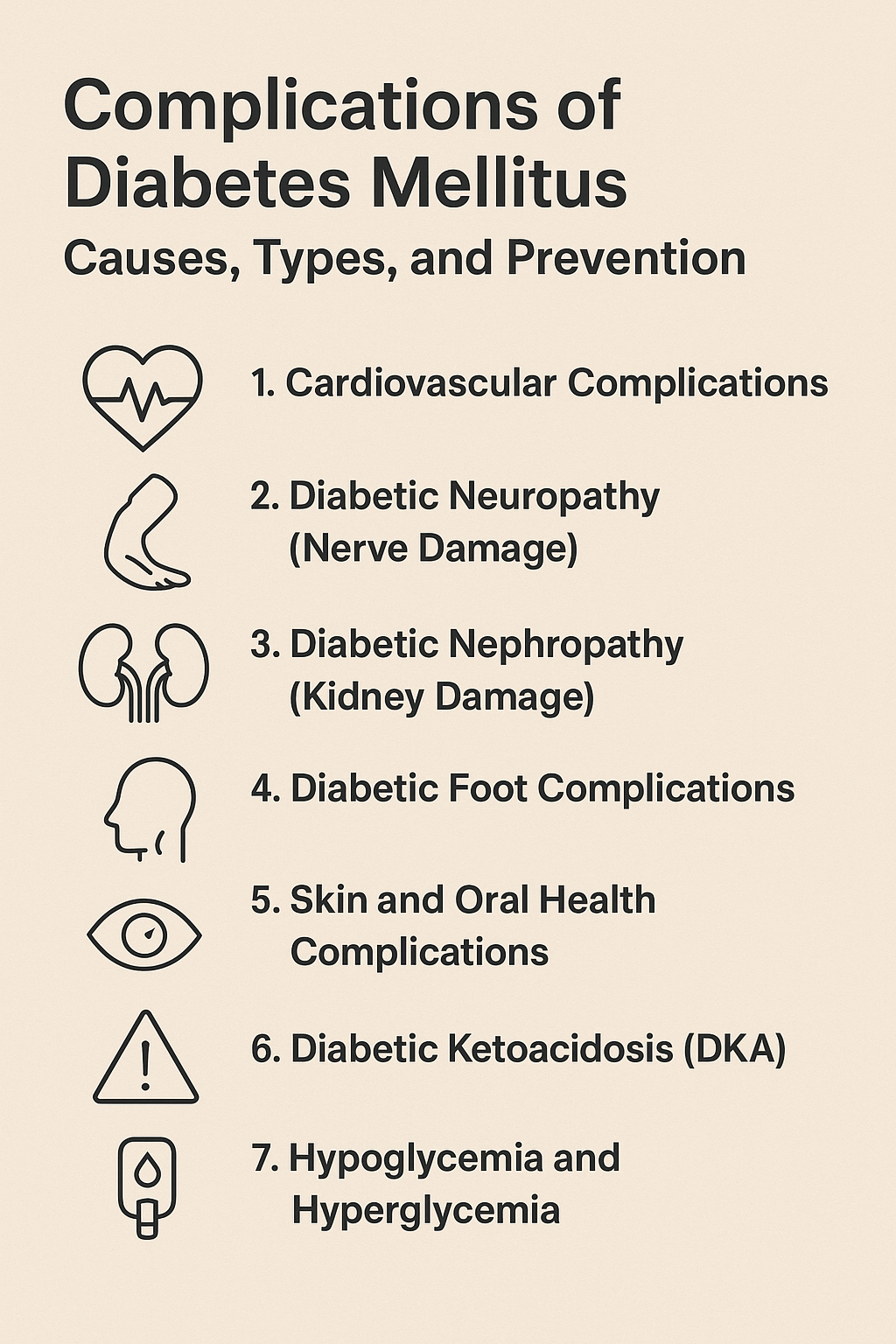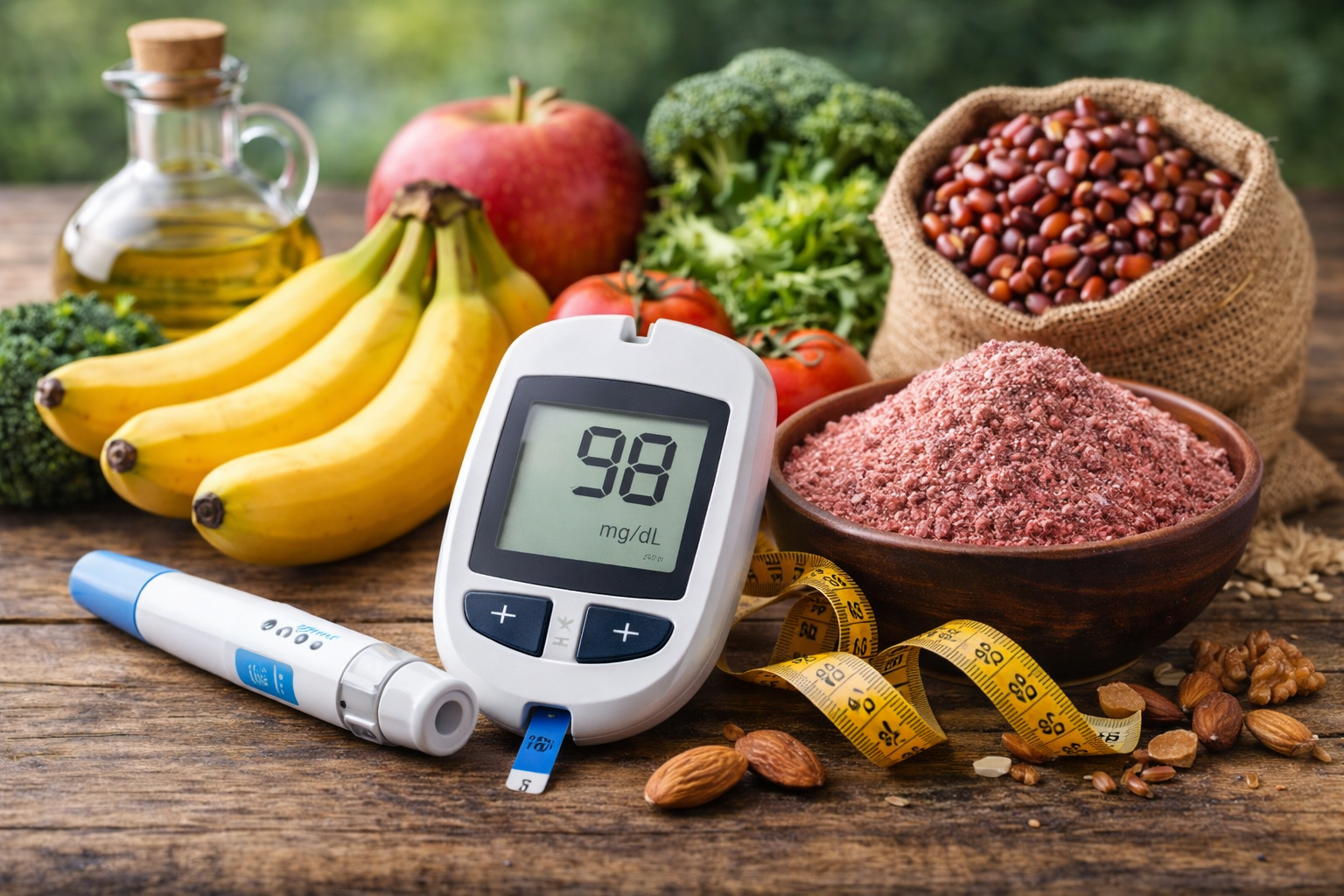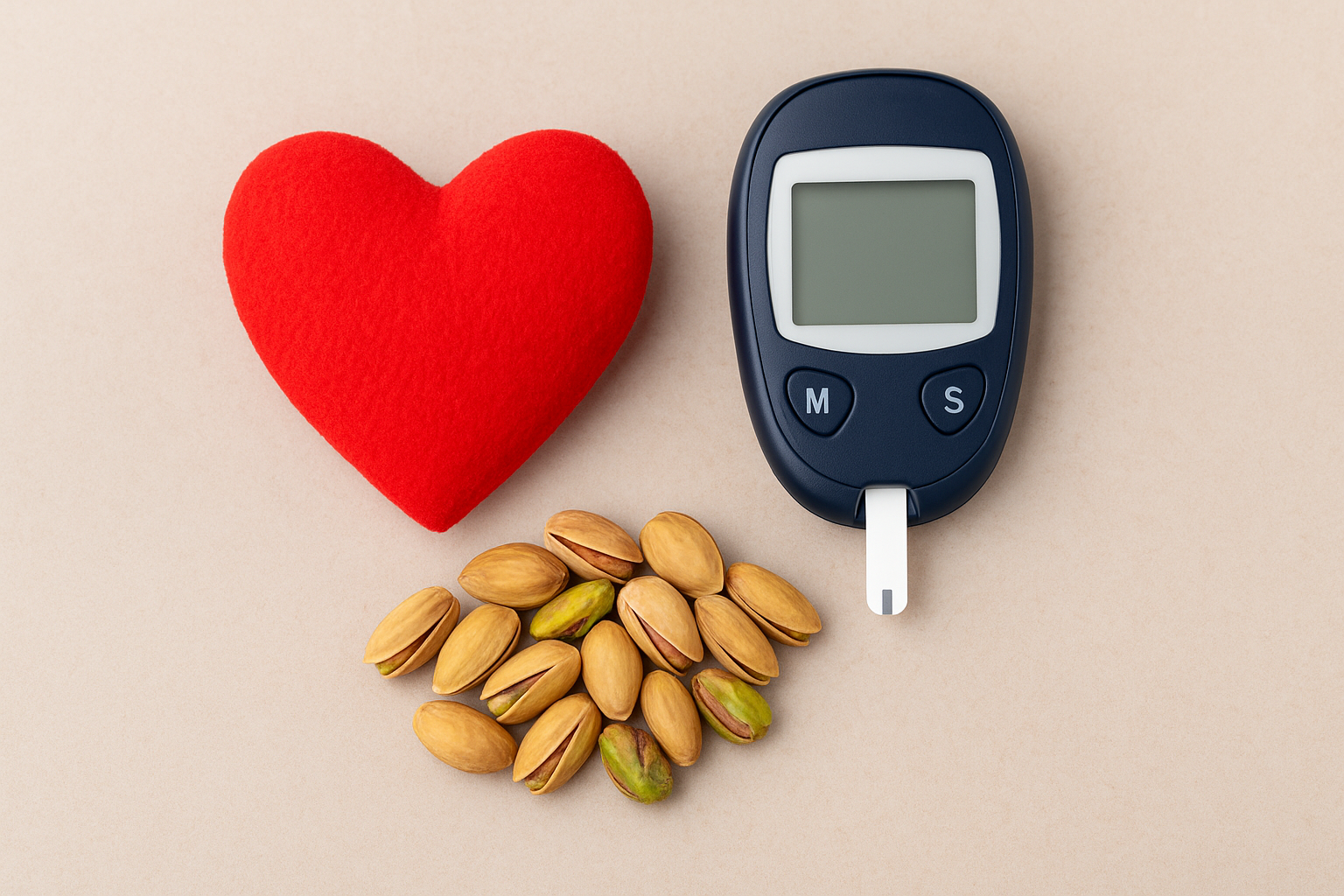What is Impotence?
Impotence, medically known as erectile dysfunction (ED), is the inability to achieve or maintain an erection firm enough for sexual intercourse. While occasional difficulty is common, persistent problems may signal an underlying health issue and should not be ignored.
Common Causes of Impotence
Impotence can result from physical, psychological, or lifestyle-related factors. Some of the most common causes include:
Physical Causes:
- Cardiovascular diseases like high blood pressure or atherosclerosis
- Diabetes – affects blood flow and nerve sensitivity
- Hormonal imbalances, especially low testosterone
- Neurological disorders, such as Parkinson’s or multiple sclerosis
- Obesity and sedentary lifestyle
- Medication side effects from antidepressants, blood pressure drugs, etc.
Psychological Causes:
- Stress, anxiety, or depression
- Relationship issues
- Performance anxiety
Lifestyle Factors:
- Smoking
- Excessive alcohol consumption
- Drug use
- Lack of physical activity
Symptoms of Impotence
The primary symptom of impotence is the inability to get or maintain an erection. Other related symptoms may include:
- Reduced sexual desire
- Difficulty maintaining an erection during sex
- Delayed or premature ejaculation in some cases
When to See a Doctor
If erectile dysfunction becomes a recurring issue, it’s important to consult a doctor. It may be an early warning sign of a serious health condition like heart disease or diabetes. Seeking medical advice early increases the chances of successful treatment.
Diagnosis and Testing
Doctors typically diagnose impotence using:
- Medical history and physical exam
- Blood tests to check for diabetes, cholesterol, or hormonal issues
- Urinalysis
- Ultrasound to examine blood flow
- Psychological assessment, if needed
Effective Treatment Options for Impotence
There are several ways to treat erectile dysfunction, depending on the root cause:
1. Medications:
- Phosphodiesterase inhibitors like Viagra (Sildenafil), Cialis (Tadalafil), and Levitra (Vardenafil) are commonly prescribed.
- Must be taken under medical supervision.
2. Lifestyle Changes:
- Quitting smoking and limiting alcohol
- Regular exercise and a healthy diet
- Reducing stress and improving sleep
3. Therapy:
- Cognitive Behavioral Therapy (CBT) or sex therapy can be highly effective if the cause is psychological.
4. Medical Devices:
- Vacuum erection devices
- Penile implants or prosthetics (used in severe cases)
5. Hormone Therapy:
- If testosterone levels are low, hormone replacement therapy may be recommended.
Coping with Impotence
Dealing with impotence can affect a man’s self-esteem and relationships. Here are some helpful steps:
- Open communication with your partner
- Joining support groups or counseling
- Maintaining a positive outlook and staying proactive about your health
Final Thoughts
Impotence is a common and treatable condition. Whether it’s due to stress, medical issues, or lifestyle habits, help is available. By addressing the root cause and exploring modern treatment options, most men can regain healthy sexual function and confidence.




